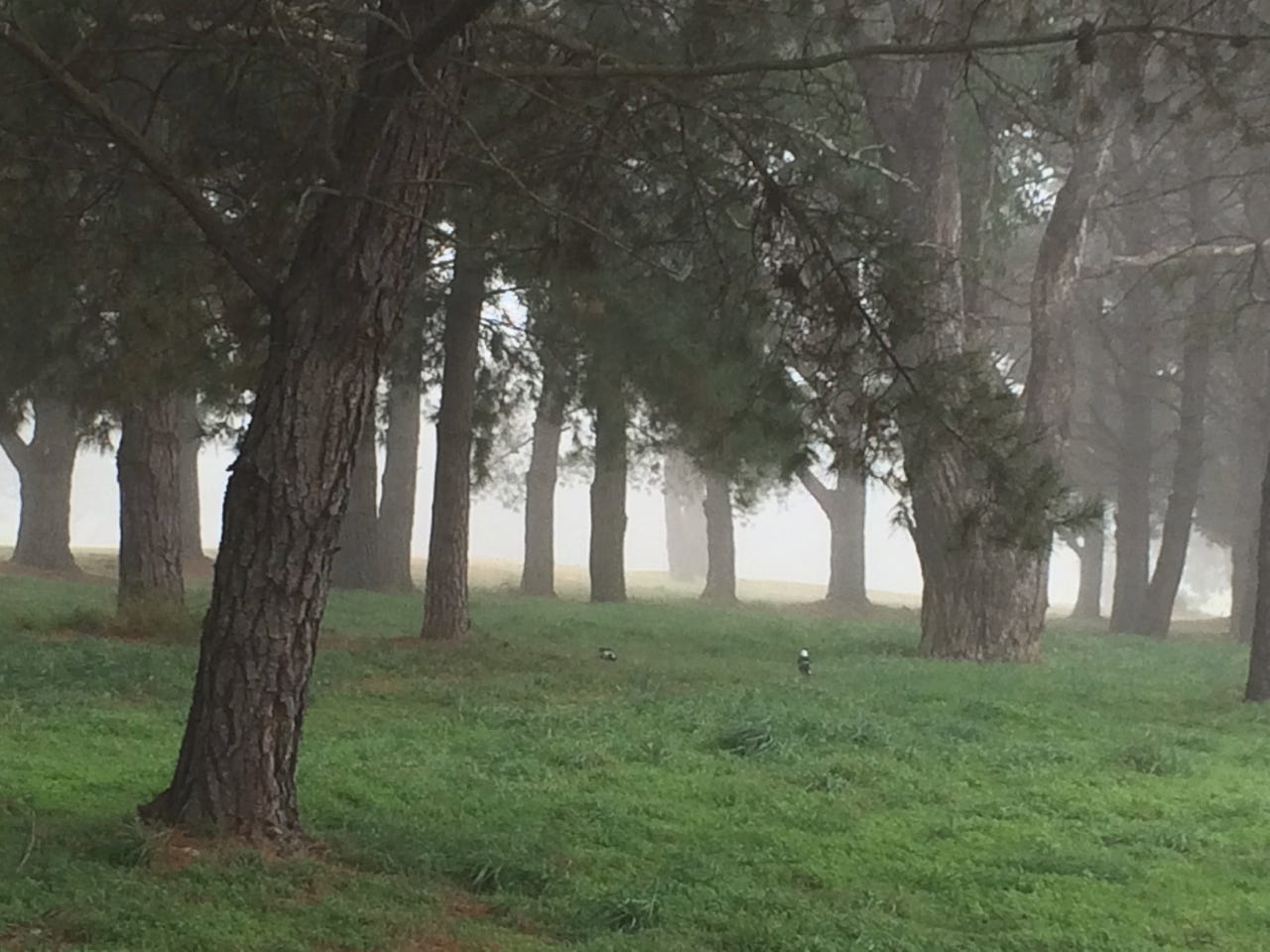On trees and C.S. Lewis
At the risk of calling into question whatever status as a sane person I might possess, I recently read a book called The Hidden Life of Trees, by Peter Wohlleben. And it was one of the most fascinating, original, informative and imaginative books I have read in a long time. There is much going on in nature that is undetectable by us mere humans. The book is written by a former forester, and, while it might sound a little woo-woo, recent scientific research is discovering that trees send electrical impulses and chemical signals to each other via their roots and underground fungal networks, that there is a sense in which they smell, hear, taste and remember. And if we could hear at ultrasonic levels we might at times even hear them screaming (God help us). Forests in different states of health have actually been discovered to effect the blood pressure of humans differently, so it could be that we are unconsciously receiving some of the many messages the trees are sharing, by one means or another. Also, scientists are further discovering the many ways that forests alter the climate and bring about such important things as the transfer water to land-locked interiors (as they release water vapour that creates new clouds that send the rain further inland - and that maintaining coastal forests are crucial for this process). So much information that was all so very interesting, and written in a highly engaging manner. If you are fond of trees and forests, as I have always been, you might enjoy it. And if you’re not fond of them, perhaps you should also read it. I’ve since started C.S. Lewis A Biography, by A.N. Wilson, because I found it in a second-hand book shop. I haven’t actually read any biographies of C.S. Lewis. Because Surprised by Joy. His autobiography is still one of my favourite books. But I think I am going to like this one. There was this teaser on page two of the preface:
Though all Freud’s theories about the origins of consciousness may be disavowed, this remains the century of Freud. We have learnt that our lives are profoundly affected by what happened to us when we were very young children, and that wherever we travel in mind or body we are compelled to repeat or work out the drama of early years. If this were a work of psychoanalysis or literary theory, I should feel compelled to test The Lion, The Witch and The Wardrobe by the theories of the human mind which have been adopted and discarded by psychoanalysts and philosophers in the last hundred years. But these are not areas which admit of rational enquiry, even if I were qualified to explore them, and Lewis himself would have been equally anxious to remind us of the whole European philosophical tradition since Plato which has attempted in the language of metaphysics to account for our sense that we do not belong in this world, that we are pilgrims and strangers here, homesick for another place where one day we shall be truly ourselves.
If you have been reading here awhile the appeal of such a paragraph will be obvious.


